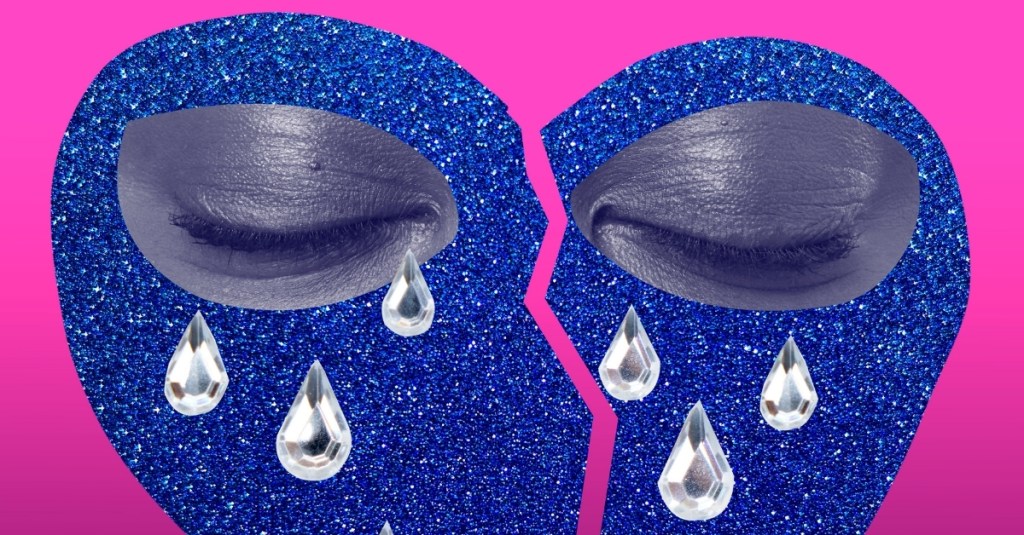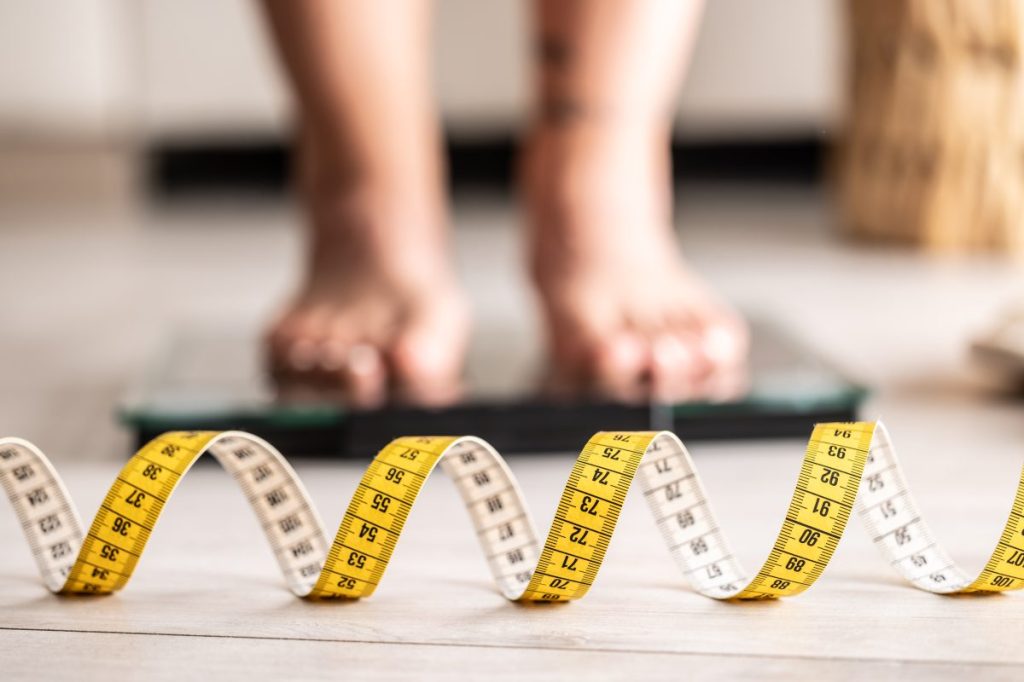Menopause has always been framed as a biological inevitability—an invisible timer that goes off in your early 50s, shutting down your ovaries and dragging your body into a new era of hot flashes, brain fog, and weakened bones. But a growing number of scientists are questioning that script. What if menopause didn’t have to happen at all?
Dr. Jennifer Garrison, a longevity researcher at the Buck Institute, doesn’t mince words: “Menopause is the worst thing that can happen to a healthy woman’s body,” she told TODAY. Once estrogen production drops off, the risks spike—heart disease, osteoporosis, cognitive decline, and accelerated aging at the cellular level.
Videos by VICE
Garrison and others argue that menopause might be less of a “natural process” and more of an “avoidable malfunction.” Humans are one of the only species that go through it. Most mammals stay reproductively active until the end, which raises the question: is this actually necessary, or just something we’ve been taught to accept?
Should Menopause Be a Choice?
Now, researchers are exploring how to delay it. One approach involves freezing ovarian tissue from young patients and reimplanting it decades later—a method already used for some cancer patients. Another involves low-dose rapamycin, a drug shown to extend fertility in mice. A trial is underway with 50 women between 35 and 45, tracking their hormone levels, sleep, memory, and mood.
The goal isn’t to extend fertility indefinitely (pregnant at 70? Yikes!). It’s to preserve ovarian function longer in order to support overall health—helping reduce the risk of age-related issues like heart disease, osteoporosis, and cognitive decline.
Of course, not everyone’s on board. Some doctors warn that prolonged estrogen exposure could increase cancer risk. Others raise ethical questions around invasive procedures on otherwise healthy people. And some simply argue: why are we so desperate to outrun aging?
There’s also the fact that menopause can be freeing. No more periods. No pregnancy scares. “It’s liberating,” writer and activist Ashton Applewhite, told Vox. “No more mood swings, no more worries about getting pregnant.”
The real issue might not be menopause itself—it’s the lack of choice. For decades, women have been told to endure it, minimize it, ignore it. But what if the future includes more options, more support, and a lot fewer side effects? That’s the conversation science is finally starting to have.
More
From VICE
-

De'Longhi Dedica Duo – Credit: De'Longhi -

We Are/Getty Images -

Photo by tang90246 via Getty Images -

Credit: SimpleImages via Getty Images
